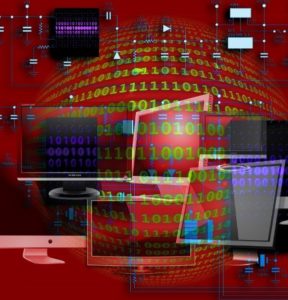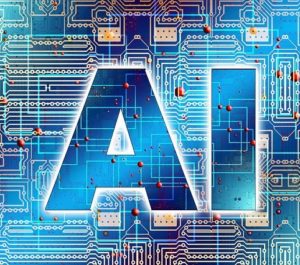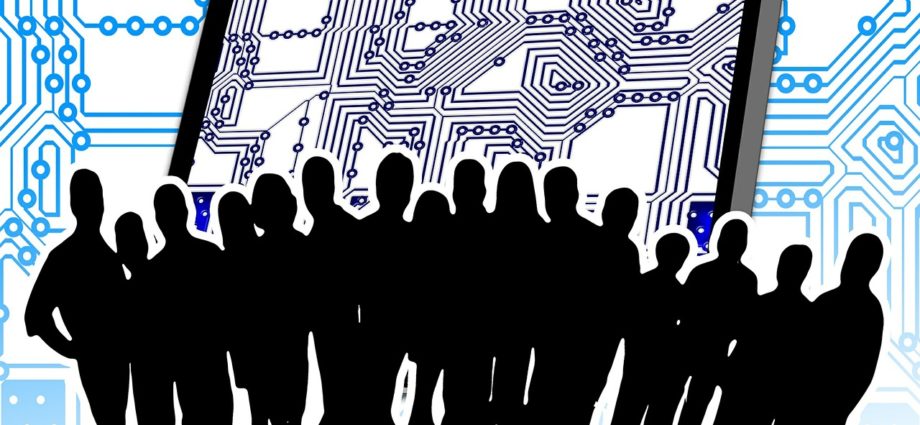People often like to discuss exciting or new things; they like to discuss cars, sports, Best online casinos, or technology. For example, people talk a lot about artificial intelligence and its applications in a particular industry. What we want to know is how AI, in all its glory, is affecting society as a whole. Here are some effects this technology has on our civilization.
What Is AI, Anyway?

When talking about AI, most people turn to SF movies and robots that gain sentience and make a decision to eradicate humanity. This is not what AI is about. Strictly speaking, AI is a piece of complex software which can process much more data than people at an amazing speed. This leads it to make decisions that optimize a process, whether it’s something simple, like a production line at a factory, or something complex, like giving advice on how to improve agriculture in a country.
This comes from AI’s ability to take on big data and give out results based on the input by data scientists. After a little bit of practice, the machine learning aspect of the software stops needing any input and makes decisions based on previous experiences. Regarding sentience, we are a long way from achieving that and it’s a question of whether it’s going to happen at all.
Effects
With its ability to optimize any given system, AI acts like a super-intelligent observer. Its implementation in various areas is essential to get the most out of our resources. Consider healthcare, for example. AI can track the errors and come up with rules to be followed in certain procedures, thereby reducing the loss of human life. Additionally, it can come up with a more efficient way of treating patients, which means that the lines will be greatly reduced.

It also has an effect on infrastructure. Coming up with roads to help everyone get to where they need to be reduces the chance of human error and other factors that make the needlessly complicated commutes. The tech can determine the optimal arrangement of public buildings in a neighborhood, as well as solve the issue of food distribution, especially in areas where resources are scarce.
Applying for and the distribution of things like welfare is often covered in a cloud of bureaucracy. The reduced budget, the number of forms to provide, and the social stigma put many people below the poverty line. AI can clean that up in no time.
Why Implement It?
The implementation of AI leads to the well-being of society as a whole. Nations that use this technology will find the best way to use their resources, which reduces losses and waste. While First World countries are definitely going to benefit from AI, it is the developing countries that stand to gain the most.
If there are any faults in AI, they come from the data that is provided by the experts in the corresponding field. Faulty and incomplete data leads to making bad decisions, so before we ask the machines how to solve a problem, we have to have all our facts straight.

